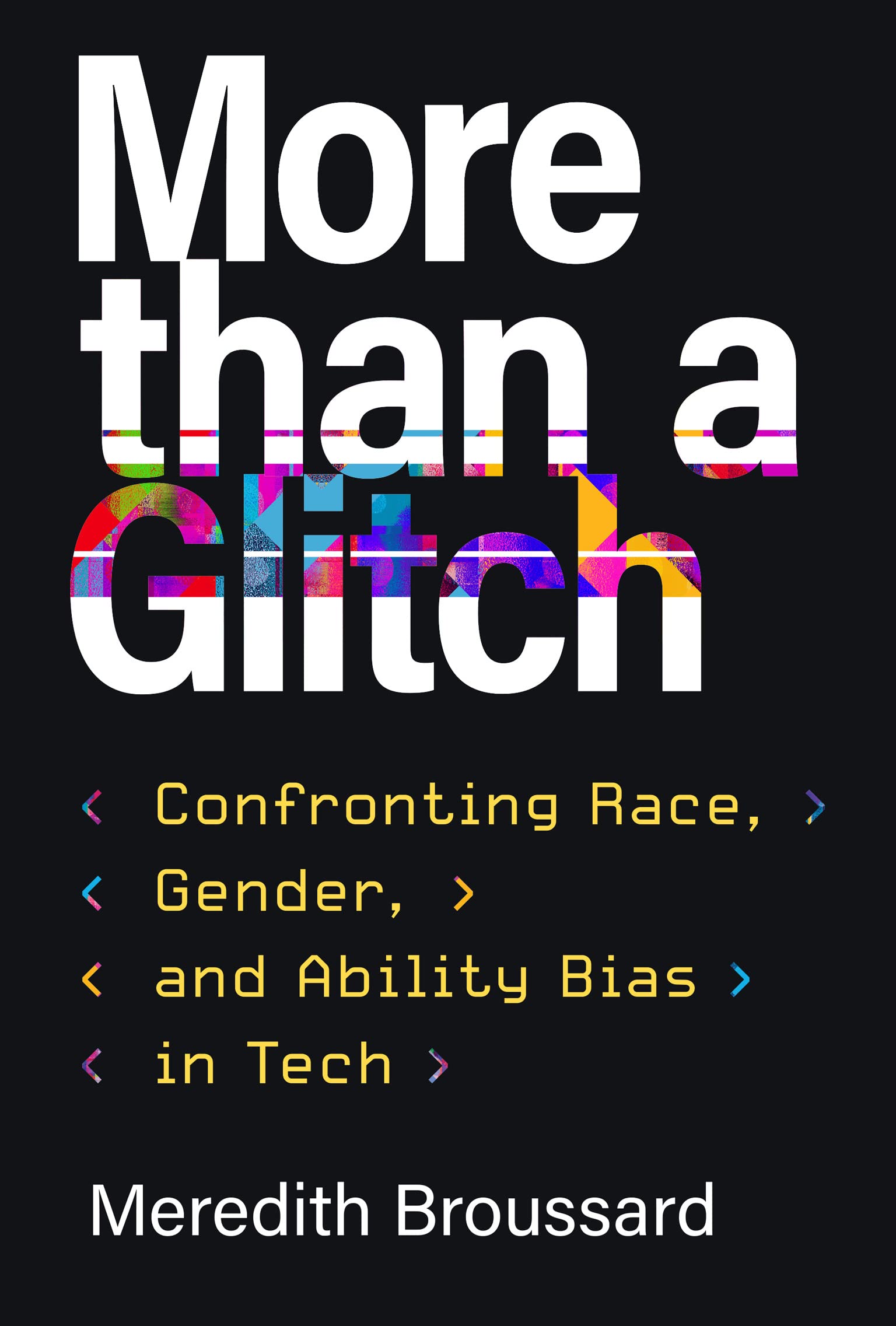What do you think?
Rate this book


228 pages, Kindle Edition
First published March 14, 2023
"Technochauvinism is a kind of bias that considers computational solutions to be superior to all other solutions."For most of the middle of the book, she takes multiple deep dives into contemporary situations and examines the role that technochauvinism plays in creating and exacerbating the problem at hand. The book focuses on facial recognition, predictive policing, algorithmic grades, video remote interpreting, coding gender in databases, race "corrections" in medicine, and AI cancer detectors. The final section of the book explores some ways to combat technochauvinism, how to hold algorithms accountable, and when to put the algorithms aside and let humans make the decisions.